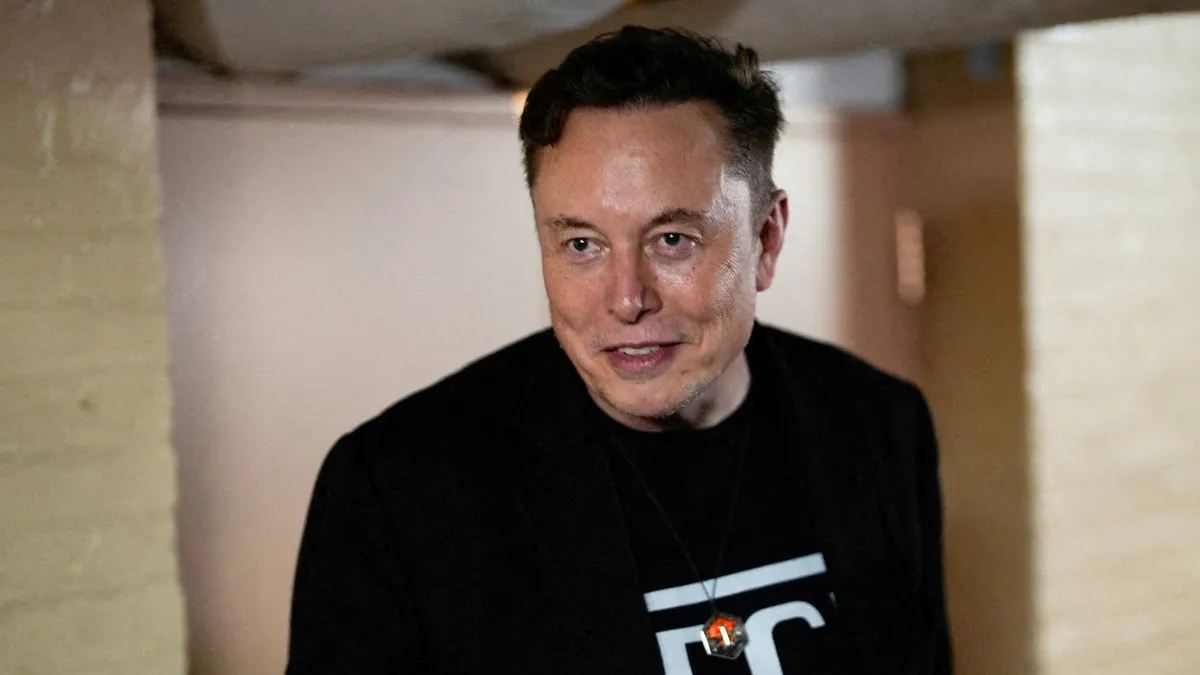
In a significant ruling, U.S. District Judge Ellen Lipton Hollander criticized the Department of Government Efficiency's (DOGE) approach to identifying fraud at the Social Security Administration (SSA), comparing it to "hitting a fly with a sledgehammer." The judge's decision, issued on Thursday, effectively blocks DOGE's unrestricted access to sensitive agency data, citing the lack of justification for such measures.
In a comprehensive 137-page ruling, Judge Hollander highlighted that the Trump administration failed to substantiate the necessity of accessing sensitive SSA data, which they claimed was crucial for identifying alleged fraud. The judge noted that this approach likely violated multiple federal laws, emphasizing that DOGE's actions resembled a "fishing expedition" aimed at uncovering a supposed fraud epidemic based on mere suspicion.
The ruling imposes strict limitations on DOGE's activities, preventing the agency from granting access to systems containing personally identifiable information (PII) of taxpayers. Furthermore, the judge ordered DOGE members to destroy any data they currently possess that can identify individuals. However, the court did permit DOGE to continue accessing anonymized data from the SSA, striking a balance between data utility and privacy concerns.
Judge Hollander expressed grave concerns regarding the potential risks to sensitive information of millions of Americans. This includes critical data such as Social Security numbers, credit card details, medical and mental health records, hospitalization records, marriage and birth certificates, and banking information. She criticized the government's failure to propose a more tailored approach, stating, "the government has not even attempted to explain why a more measured approach is not suitable for the task."
The lawsuit that challenged DOGE's access was initiated last month by two national unions and an advocacy group. They argued that DOGE's access violated privacy laws and the Administrative Procedures Act. Following the ruling, the president of the American Federation of State, County and Municipal Employees (AFSCME), Lee Saunders, hailed the decision as a significant victory for working people and retirees nationwide. He stated, "The court saw that Elon Musk and his unqualified lackeys present a grave danger to Social Security and have illegally accessed the data of millions of Americans."
In her judgment, Judge Hollander pointed out the irony of DOGE being granted access to sensitive information while the identities of DOGE employees working within the SSA remain confidential for privacy reasons. She remarked on the apparent lack of concern for the privacy of millions of Americans, whose SSA records were made accessible to DOGE affiliates without consent. This raises critical questions about privacy and data protection in the context of government operations.
This ruling marks a pivotal moment in the ongoing dialogue surrounding data privacy, government transparency, and the balance between fraud prevention and individual privacy rights. As the situation develops, it will be crucial to monitor how agencies like DOGE adjust their approaches in light of this landmark decision.